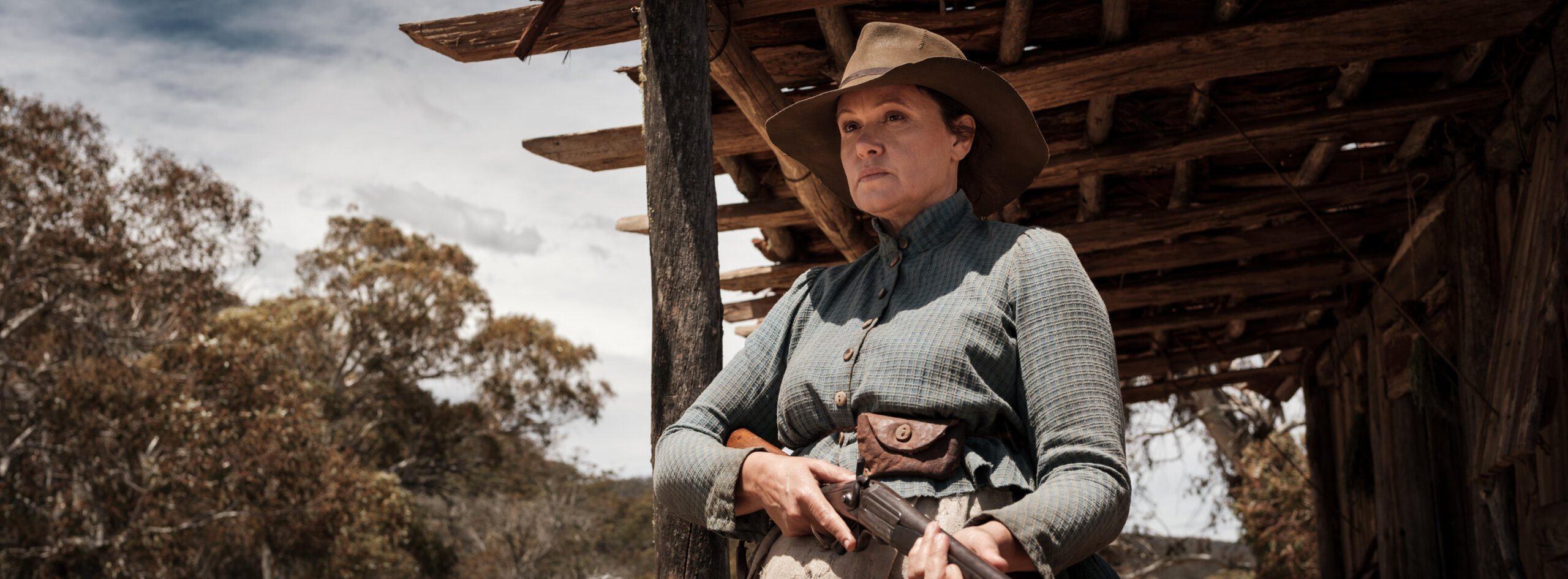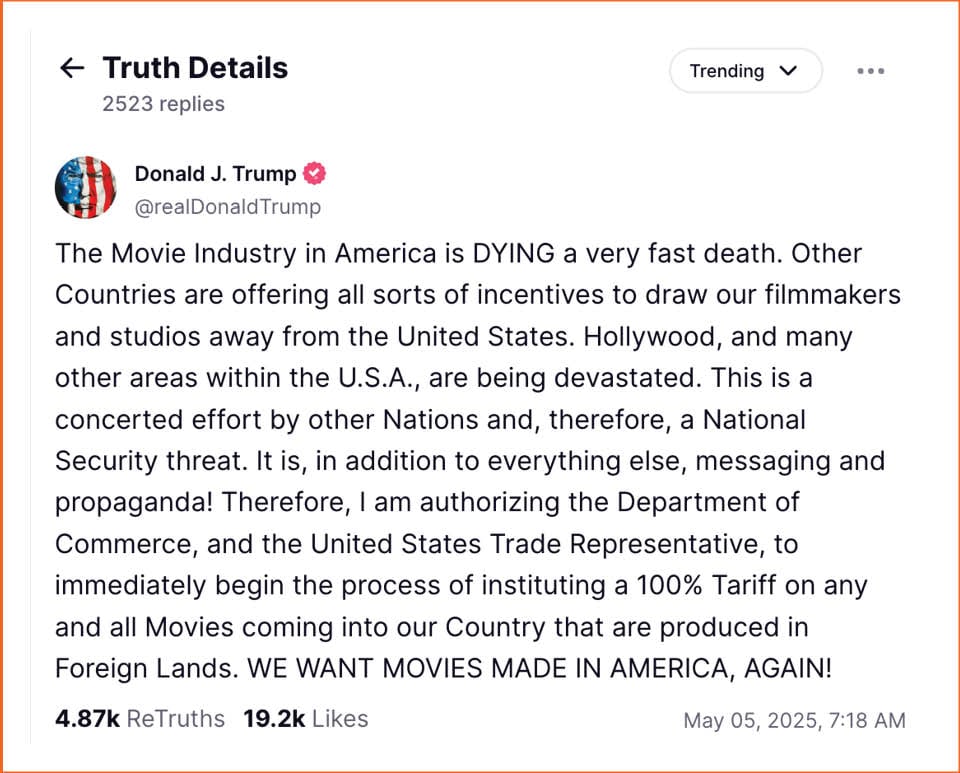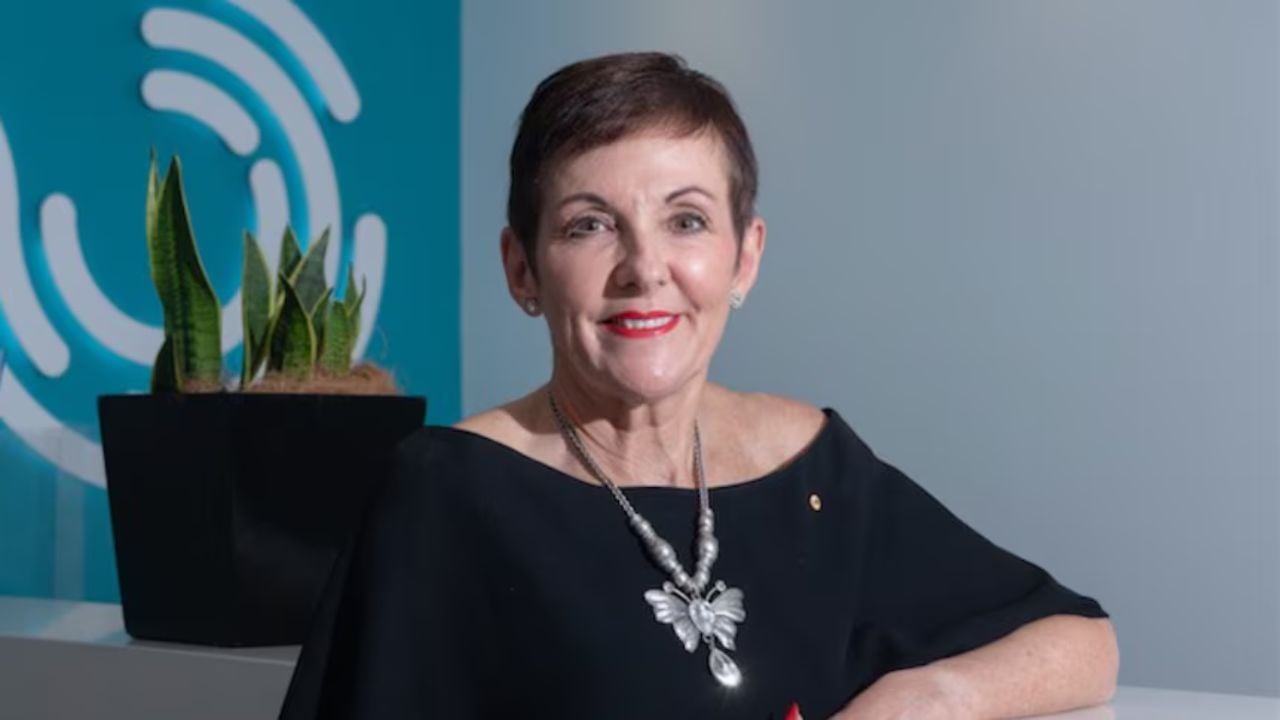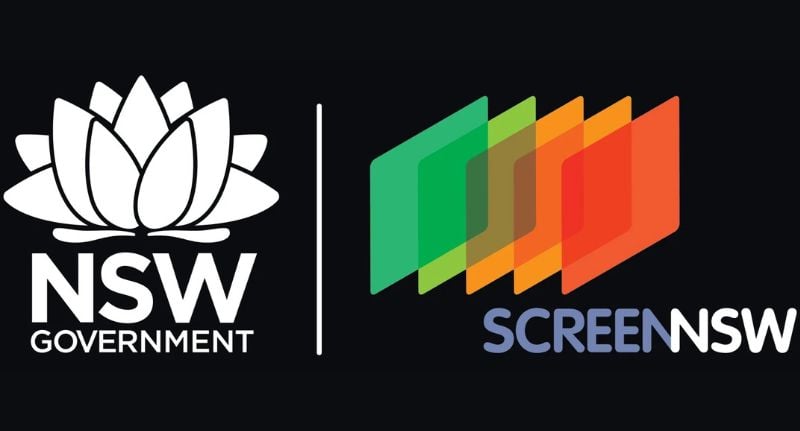Local stories across New South Wales are poised to break new ground in film, TV, and gaming, thanks to a new $200,000 initiative designed to bring untapped voices to mainstream audiences.
Screen NSW has unveiled the IP in Motion Fund, a targeted program that supports producers in acquiring intellectual property (IP) from creators in under-represented communities. The fund offers up to $5,000 per project to partially or fully reimburse the cost of optioning IP for screen and digital games development.
The initiative is designed to drive more inclusive storytelling and fuel commercial development opportunities across Australia’s screen sector.
Driving inclusion and industry growth
The funding is open to producers working with creators from the Screen NSW Priority Areas: First Nations people, culturally and linguistically diverse communities, people living in Western Sydney and regional NSW, those living with disabilities, and LGBTQIA+ creators.
Kyas Hepworth, Head of Screen NSW, said the initiative strengthens both creative representation and the sustainability of the state’s screen industries.
“The screen and digital games industries are essential to the cultural fabric of NSW. It’s vital that our local stories are shared with the world and that these stories reflect everyone in NSW, including those traditionally under-represented on screen,” she said.
“The fund will also improve the sustainability of the screen and digital games industries by encouraging the adaptation of existing NSW IP and ensuring that these stories reach wider audiences on screen.”
The IP in Motion Fund forms part of the NSW Screen and Digital Games Strategy, a three-year plan launched in October 2024 to grow creative industries nationwide.

A still from the Australian production of ‘The Drover’s Wife’
Tariff threat from US puts Australian sector on edge
The new fund arrives amid international uncertainty, following US President Donald Trump’s announcement of a proposed 100% tariff on foreign film imports. The president declared the move on his social media platform, Truth Social, stating that the American film industry was experiencing a “very fast death.”
“This is a concerted effort by other Nations and, therefore, a National Security threat. It is, in addition to everything else, messaging and propaganda,” Trump posted, though he gave no further detail on how or when the tariff would be implemented.

Donald Trump’s film tariffs statement on Truth Social
The announcement came just one day after a meeting between Trump and actor Jon Voight, who was reportedly appointed a “special ambassador” to Hollywood and has been working with streamers, unions, and studios on a plan to bring more production back to the US.
Australian producers voice concern
Australian industry leaders are closely monitoring the situation. Kate Carnell, Chair of Screen Producers Australia, told the ABC that such a tariff could significantly blow Australia’s film and television sector.
“Where Australian producers and American producers work together and there’s employment that is joint employment here in Australia, [that] would potentially go,” Carnell said.
Foreign film and TV production has been a key contributor to Australia’s screen economy, generating $768 million in expenditures in 2023–24.
Generous government incentives, including a 30% federal location offset and a 30% rebate for post-production, digital, and visual effects work, have helped attract big-budget international projects. State governments also contribute additional incentives.

Kate Carnell, Chair of Screen Producers Australia
Federal Government vows to defend local industry
Responding to Trump’s remarks, Federal Arts Minister Tony Burke pledged support for Australia’s creative sector.
“The government will be standing up unequivocally for the rights of the Australian screen industry,” Burke said.
The current environment underscores the importance of long-term planning, diversified funding pipelines, and local IP development for domestic and international stakeholders, which the IP in Motion Fund is set to strengthen.
